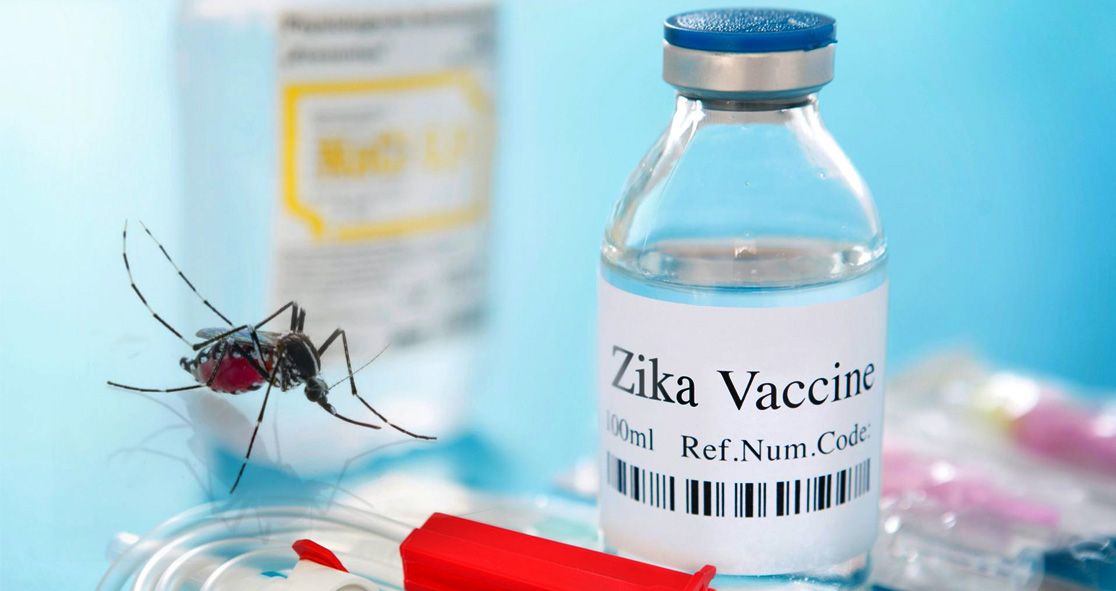A new study published in the journal npj Vaccines has found that an experimental Zika virus vaccine is effective at preventing the virus from passing from mother to fetus in preclinical (animal) studies, according to Science Daily.
Researchers at Trudeau Institute, Texas Biomedical Research Institute’s Southwest National Primate Research Center (SNPRC), and Walter Reed Army Institute of Research (WRAIR) developed the vaccine.
The study’s first author Dr. Jeong Kim said, “The vaccine has been shown to be safe for non-pregnant humans, but of course, we need to know if it is safe and effective for the people at greatest risk: pregnant women and their fetuses.”
“Our proof-of-concept studies conducted at Trudeau and Texas Biomed show very promising results that the vaccine given before pregnancy will provide high levels of protection for mothers and babies,” she added.
In comes countries, the 2015-2016 Zika outbreak was responsible for a number of miscarriages and a constellation of birth defects, known as Congenital Zika Syndrome, including abnormally small heads and neurodevelopmental disorders, prompting the World Health Organization (WHO) to declare the Zika outbreak a public health emergency of international concern.
Senior author Dr. Jean Patterson said, “It’s important to test vaccines before the next large outbreak because there will be another.”
“Zika is part of a family of viruses known to go through cycles,” she added. “These viruses tend to spread rapidly through naïve populations that have never been exposed to the virus before, then infections drop-down for years because most people have been exposed.”
“As more and more people are born, there is a new group of naïve individuals in which the virus can once again wreak havoc,” Dr. Patterson explained. “We want to help break that cycle.”
Researchers at WRAIR developed the purified, inactivated Zika virus vaccine candidate using the technology they used to develop a Japanese encephalitis vaccine.
The experimental vaccine has been tested in non-pregnant animals. It has been found effective at clearing the virus from the blood. And in Phase 1 clinical trials, the vaccine has been found safe and effective at inducing a protective immune response.
The researchers found that the vaccine candidate prevented about 80% of fetal malformations. They also found vaccine-induced antibodies that were capable of neutralizing the virus in fetal blood samples eight days after infection.
Dr. Kim noted, “We were able to detect maternal antibodies in the fetus during pregnancy and the results suggest the antibodies play a critical role in protecting fetuses from Zika virus.”
“Because the animals became pregnant at different times, our study was able to show the vaccine confers protection for at least 18 months after vaccination, which is important for showing long-lasting immunity,” explained Dr. Patterson.
The team has already started testing what happens when the vaccine is given during pregnancy.
Lead author Dr. Kavyon Modjarrad said, “These studies add evidence that the Zika vaccine WRAIR developed not only protects animals against Zika virus infection, but also the congenital defects that mimic what has been observed in people. Together with the early phase clinical trials, we believe these data lend even more support that this vaccine platform is a viable approach for countering the persistent threat of Zika.”























